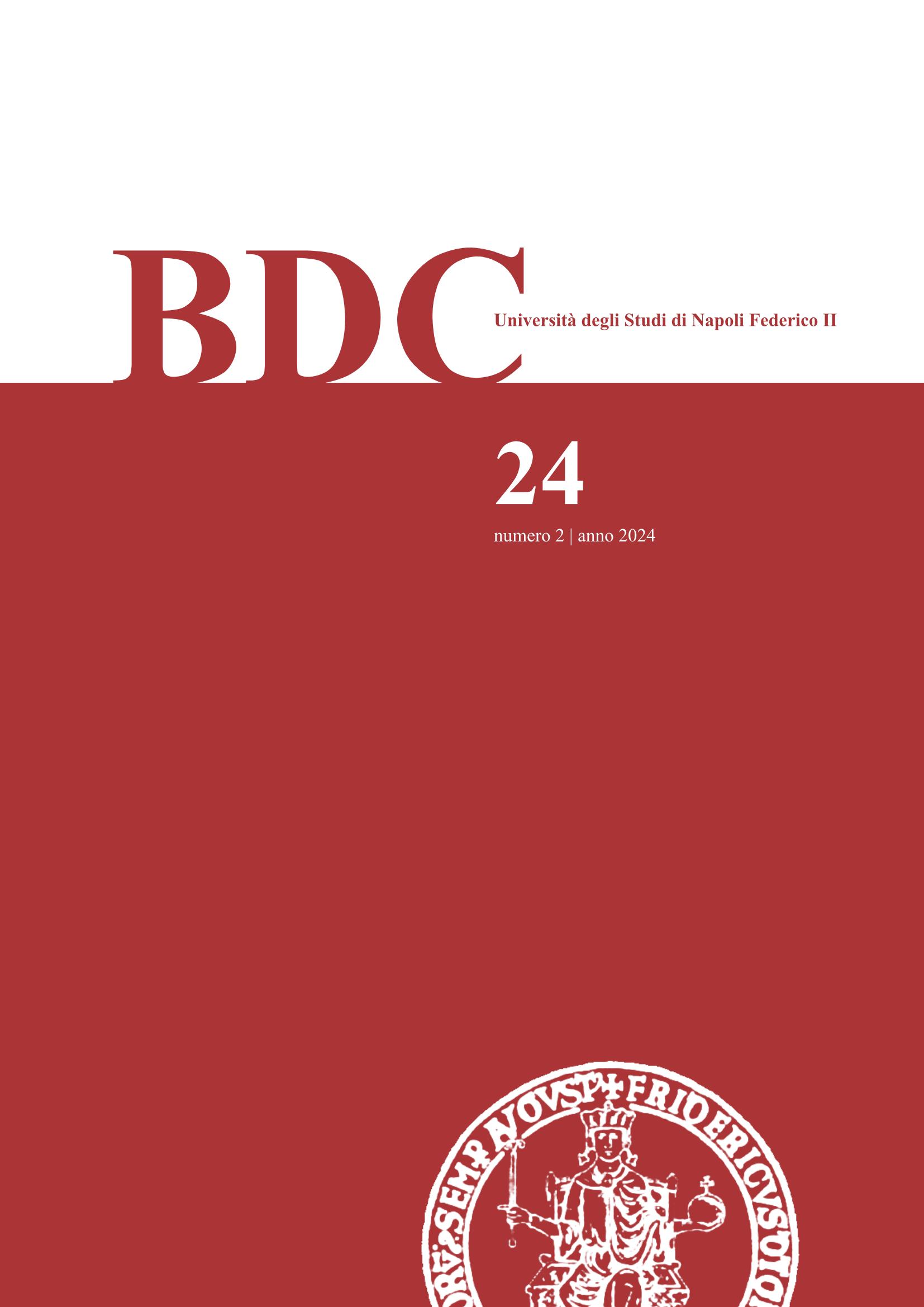Housing quality and ecological transition: practices of rehabilitation and maintenance of public housing in Italian inner areas
DOI:
https://doi.org/10.6093/2284-4732/11328Abstract
The theme of small towns, which represent the lifeblood of Italy, is the subject of attention of the European Union, which is laying the foundations for the revitalisation and
enhancement of this widespread heritage through policies and programmes. The global crisis, descibed by Edgar Morin as a multilevel crisis, poses new challenges to these territories and demands that housing projects undergo a methodological and conceptual revision to better address changing conditions. The challenge lies in defining design solutions, both technical and technological, to respond to the poly-crisis system through a logic that connects material culture with innovation. This paper presents part of the findings from research conducted by an interdisciplinary team at the Department of Architecture of the University of Naples within the framework of the PINQuA programme. Specifically, the paper focuses on exploring potential ecological transition strategies capable of fostering environmental awareness by leveraging the environmental, social and economic potential of specific places. The process considers both exogenous and endogenous factors, and emphasises the renewed care of built heritage, both existing structures and newly developed ones, through rehabilitation and planned maintenance strategies.
Keywords: ecological transition, public housing, energetic retrofitting, planned maintenance, inner areas

